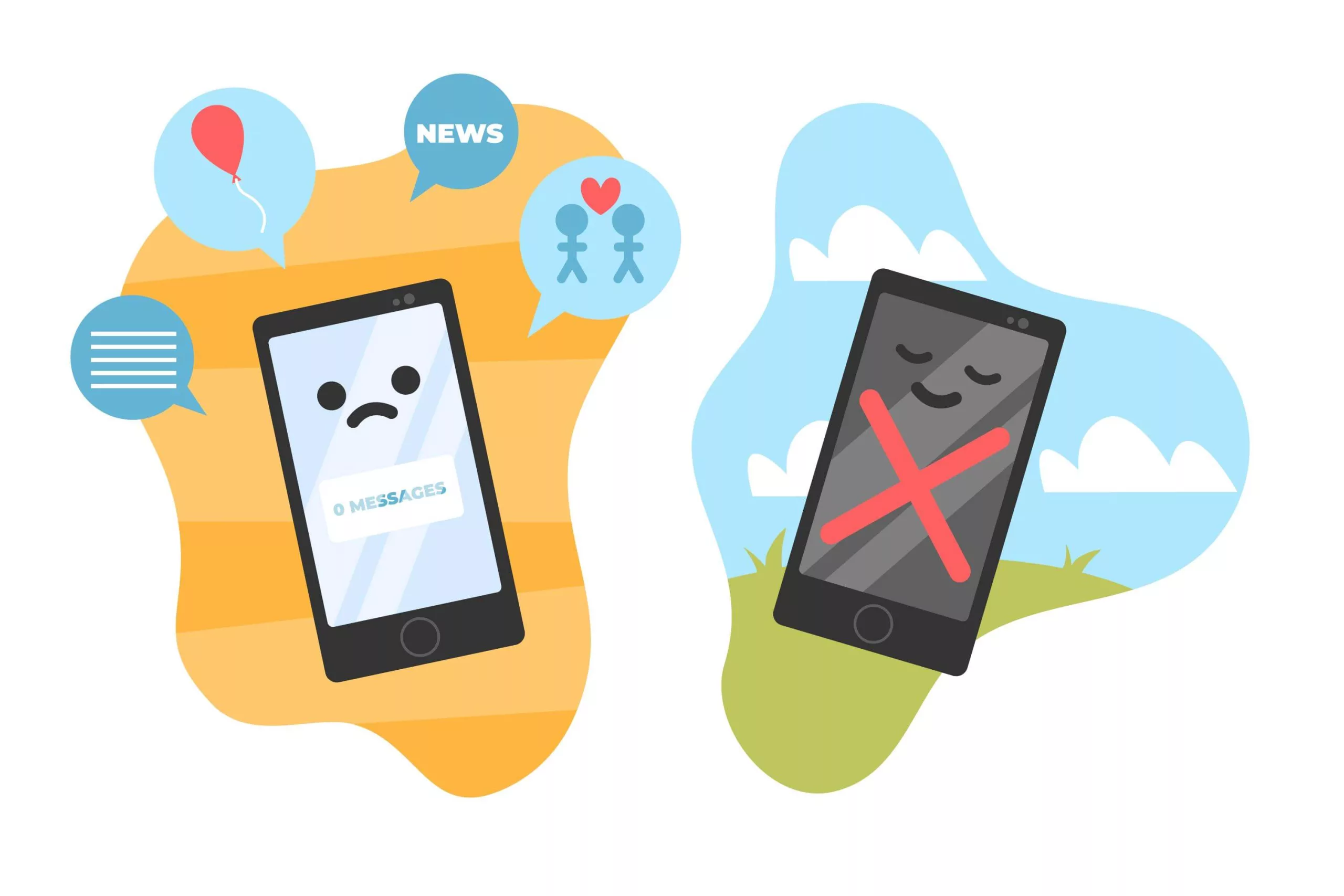Breaking up with someone you love can be an extremely emotional experience, often marked by feelings of anxiety, grief, and a strong urge to change yourself. This guide will provide you with various strategies to help you navigate these turbulent emotions. Each approach suggested here for breakup anxiety will help in improving your emotional intelligence and exploring new personal growth opportunities
It is designed to not only ease the immediate pain of a breakup but also help you embark on a journey of self-discovery and positive transformation. By reading this guide, you will learn how to turn a difficult life experience into an opportunity for personal growth and resilience. Let’s have a look at 12 magical techniques.
1. Accept Your Feelings

Acceptance is the first step to healing. Understand that feeling a range of emotions after a breakup is normal, including sadness, anger, or confusion. Rather than suppressing these feelings, allow yourself to experience and process them. This acceptance is crucial for emotional and mental recovery.
Accepting your feelings after a breakup involves acknowledging the full range of emotions you’re experiencing. For example, Sarah felt overwhelmed with sadness and anger after her breakup. Instead of ignoring these feelings, she allowed herself to fully experience them, understanding that it’s a natural part of the healing process. This acceptance was crucial in helping her move forward emotionally.
2. Seek Support
Surround yourself with friends, family, or consider professional counseling. Sharing your thoughts and feelings with others can provide comfort and perspective. Support networks remind you that you’re not alone in your journey.
Seeking support or counseling can be exemplified by John, who, after his breakup, regularly talked with close friends and family about his feelings. He even sought counseling, which provided him with additional perspectives and coping strategies, reminding him that he wasn’t alone in his journey.
3. Self-Care
Prioritize activities that enhance your well-being, such as getting enough sleep, eating healthy, and engaging in activities you enjoy. Self-care is essential in rebuilding your sense of self-worth and happiness.
Self-care is about nurturing your well-being to rebuild a sense of self-worth and happiness after a breakup. For instance, Laura focused on getting adequate sleep, eating a balanced diet, and reigniting her passion for painting. This holistic approach to self-care significantly improved her emotional state and sense of self.
4. Maintain a Routine

Maintaining your daily routine can provide a sense of normalcy and stability. Focus on regular activities like work, hobbies, and social engagements to keep yourself grounded.
Maintaining a routine can be crucial for emotional stability post-breakup. For instance, Emily made sure to stick to her daily activities, including her job and yoga classes. This helped her maintain a sense of normalcy and groundedness amidst the emotional turmoil of the breakup.
5. Stay Active
Physical activity is a powerful tool for managing anxiety. Exercise releases endorphins, which can improve mood and reduce stress.
Staying Active plays a pivotal role in managing anxiety post-breakup. Mike found that regular jogging and gym sessions greatly lifted his spirits. The endorphins released during exercise helped him combat feelings of sadness and stress, illustrating the power of physical activity in emotional healing.
6. Avoid Contact

Minimize contact with your ex-partner, at least initially. This can include unfollowing them on social media to help you focus on your healing without constant reminders of the past.
Avoiding Contact with an ex-partner can significantly aid the healing process. When Rachel decided to unfollow her ex on social media, it helped her avoid constant reminders of her past relationship, allowing her to focus more on her present and future. This step, although challenging, can be crucial for moving on.
7. Reflect and Learn
Use this time to reflect on the relationship and what you’ve learned. Understanding what went wrong can help you grow and avoid similar issues in future relationships.
Reflecting and Learning post-breakup involves analyzing the relationship to understand what worked and what didn’t. This introspection can be exemplified by someone like Kevin, who realized communication issues played a big part in his relationship’s breakdown. His reflection helped him identify areas for personal growth and what to look for in future relationships.
8. Set New Goals
Set new personal or professional goals. Focusing on future aspirations can redirect your energy positively and help you move forward or maybe a vacation.
Setting New Goals is about redirecting your focus towards personal and professional development. For example, Anna channeled her post-breakup energy into pursuing a higher degree and advancing her career, which provided her with a sense of purpose and direction.
9. Practice Mindfulness

Mindfulness and meditation can be effective in managing anxiety. They help bring your focus to the present, reducing rumination about the past.
Practicing Mindfulness can be incredibly effective in managing post-breakup anxiety. A person who started attending yoga and meditation classes. This practice helped her stay present, reducing her tendency to dwell on past memories and what-ifs.
10. Limit Social Media
Limit your time on social media to avoid obsessing over your ex’s life. This helps in reducing unnecessary pain and jealousy.
11. Journaling
Writing down your thoughts and feelings can be therapeutic. It provides an outlet for expression and can help you process your emotions.
Journaling can be a powerful tool in the healing process post-breakup. By writing down thoughts and feelings, individuals like Emma found a safe, private space to express emotions without judgment or interruption. This practice enabled her to unravel complex feelings and gain clarity, aiding in emotional processing and healing.
12. Give “Time” Time

Understand that healing is a process that takes time. Be patient with yourself and acknowledge small progressions in your journey towards recovery.
Giving time its due course is essential in the recovery journey. Healing from a breakup doesn’t happen overnight. Patience is key, as experienced by David, who learned to celebrate small steps of progress, understanding that recovery is a gradual process. Each day brought subtle improvements, and acknowledging these small victories helped him realize that time is a crucial component in healing a broken heart.
Conclusion
Navigating through breakup anxiety is a transformative process encompassing self-reflection, acceptance, and growth. Implementing strategies like journaling, setting goals, and practicing mindfulness can guide you through this challenging period.
Each step forward, no matter how small, is a part of the healing journey, helping you to rediscover your strength and independence. Remember, resilience builds as you move through this process, leading toward a path of recovery and self-discovery.

